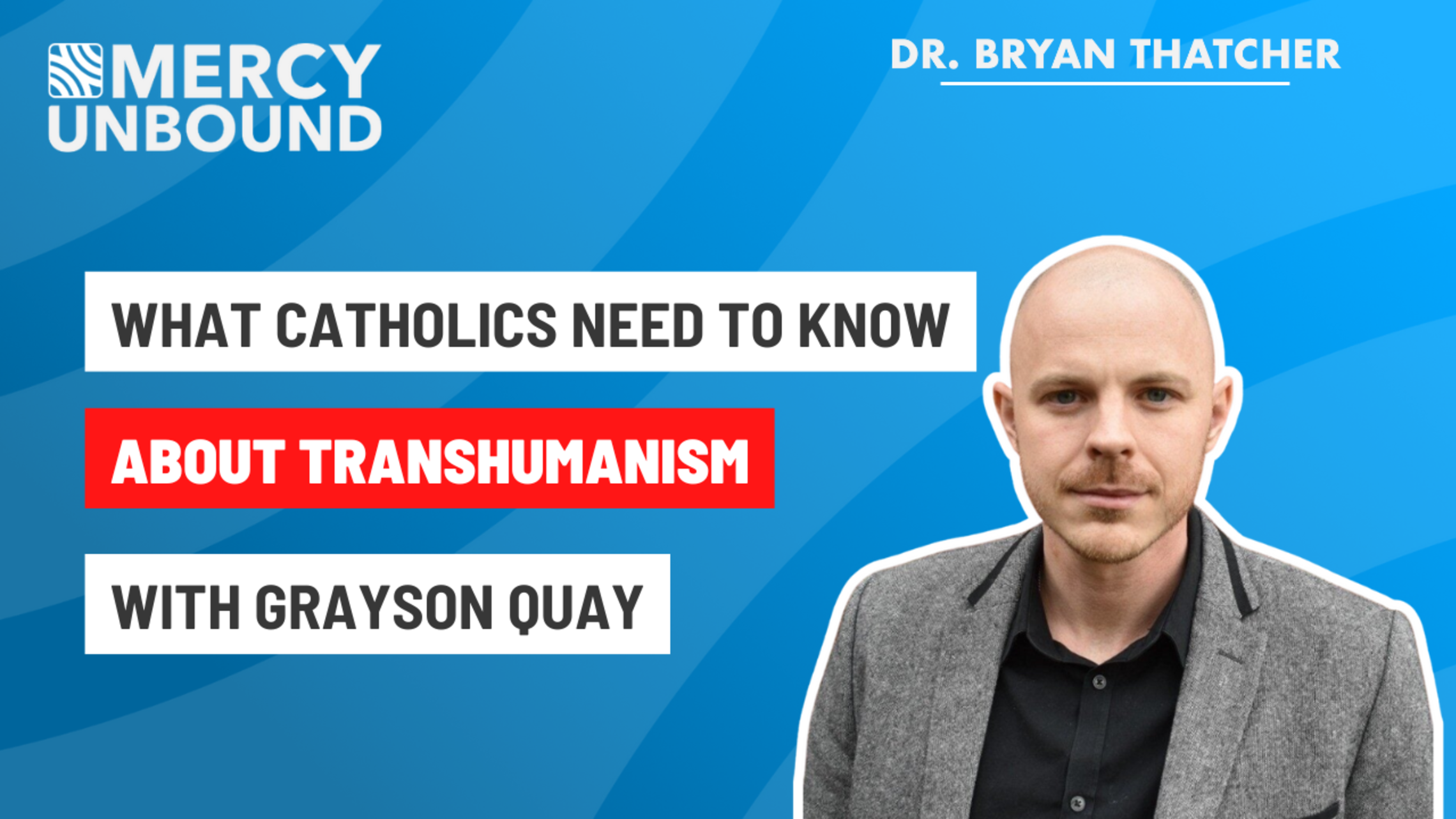Episode 69 with Fr. Matthew Tomeny, MIC
A Newly Ordained Priest
The manutergium is used by the newly ordained priest to wipe his hands of the blessed chrism oil after he is ordained. He gives it to his mother, and custom has it that she will be buried with it. When she meets St. Peter at the heavenly gate, she will be able to say, “My son also participated in the priesthood and the sacrifice of the Mass.”
Likewise, the father receives his first stole that he wore at his first Sacrament of Reconciliation as a priest, for it is felt that the father was the first to teach him about God’s justice and mercy. When he dies, the father will be buried with his son's stole and can also tell St. Peter, “My son also participated in the priesthood and the sacrifice of the Mass.”
What is the Mass?
“The sacrifice of Christ and the sacrifice of the Eucharist are one single sacrifice: 'The victim is one and the same: the same now offers through the ministry of priests, who then offered himself on the cross; only the manner of offering is different.' 'And since in this divine sacrifice which is celebrated in the Mass, the same Christ who offered himself once in a bloody manner on the altar of the cross is contained and is offered in an unbloody manner.'" (Catechism of Catholic Church, 1367)
The Eucharist and the Mass
The Eucharist is central to the Mass, and after the consecration, the Host becomes the Body and the wine the Blood of Christ, although they are unchanged in appearance.
The Eucharist—receiving Jesus' Body, Blood, Soul, and Divinity—makes the Mass different than a prayer service or just a religious gathering.
How to Get more out of Mass
Once we understand what is happening at the Mass, we should prepare our minds and hearts for Mass beforehand. This tremendous spiritual event will change our hearts to where we say, “I want to go to Mass,” rather than, “I have to go to Mass.”
If the Angels Were Capable of Envy
St. Faustina recorded in her spiritual diary that, “If the angels were capable of envy, they would envy us for two things: one is the receiving of Holy Communion, and the other is suffering” (Diary, 1804).



